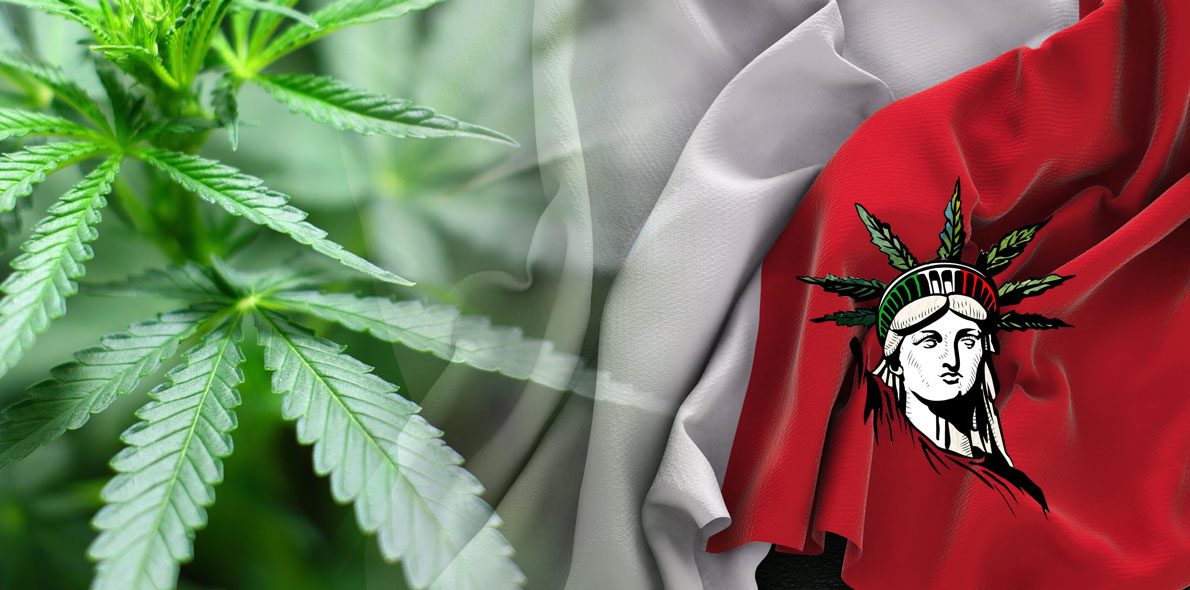
2019 Closes without regulation for light marijuana in Italy
Durch: Pippi Contini Aktivismus
Die Kannabia Seed Company verkauft Hobbysamen (Sammelsamen) für den persönlichen Gebrauch an ihre Kunden. Seine Keimung und Kultivierung ist verboten. Der Käufer verpflichtet sich, die in seinem Wohnsitzland geltenden Rechtsvorschriften zu konsultieren, um zu vermeiden, dass er einer illegalen Handlung nachgeht.
 Fast free shipping
Fast free shipping Iberian Peninsula express shipping
0€ Orders over 60€
*6€ orders under 59€
East, West, South Europe express shipping
0€ Orders over 150€
*18€ orders under 149€
North Europe express shipping
0€ Orders over 160€
*20€ orders under 159€
Ireland, Norway, UK normal shipping
0€ Orders over 60€
*6€ orders under 59€
Rest of the world normal shipping
0€ Orders over 180€
*25€ orders under 179€
Shipping costs can be confirmed in your shopping cart.
For additional shipping methods, please reach out through info@kannabia.com.
 Coupons
Coupons 

*Your coupon will be sent via email.
 Customer support
Customer support 
*Should you have any question, comment or feedback, please do not hesitate to contact us.